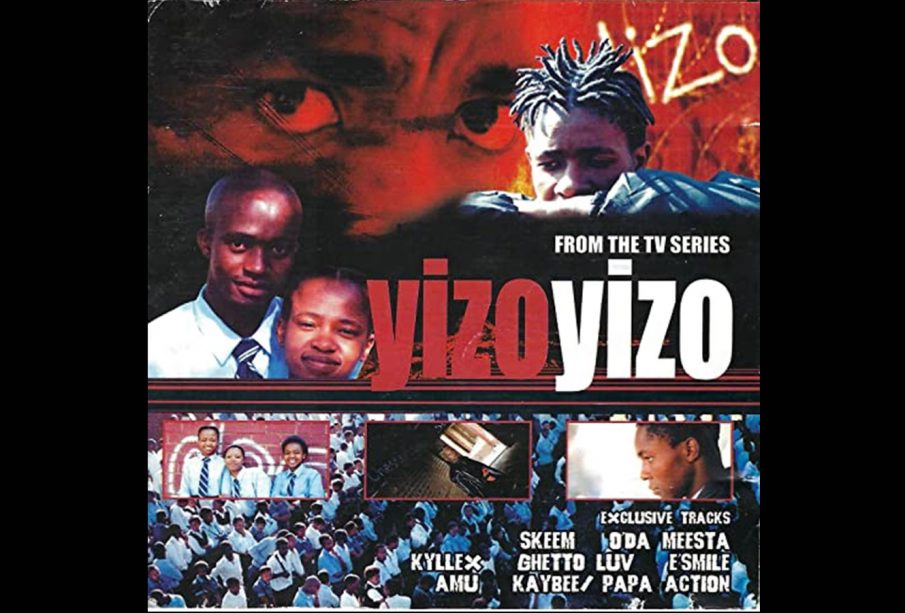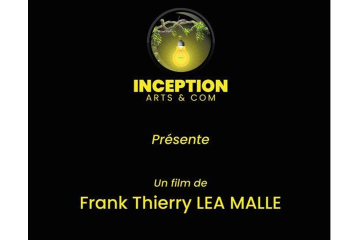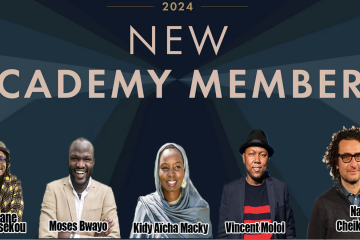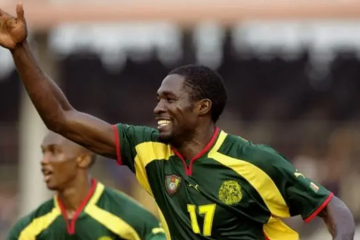THE TV SERIES THAT DISTURBED SOUTH AFRICA

Unemployment, drugs, sexual violence, homophobia, flagrant inequalities at school, self-defense militias… South Africa remains in crisis. Conceived in conjunction with the Ministry of Education, « Yizo Yizo », the most watched television series, does not hesitate to address all these issues, reflecting the poor life of young people in the ghettos. Each episode provokes strong protests, especially from the new black elite. In present-day South Africa, the producer notes, the controversy is no longer racial but social.
South Africa, March 13, 2001, 8:30 pm The 3,159,520 viewers who watch the new episode of the Yizo Yizo series can’t believe their eyes. For the first time in 35 years of existence, the public channel SABC1, created in 1976, shows two men having sex. The scene takes place in prison and Chester – one of the bad high school students of the soap opera – had to agree, to ensure his protection, to sleep with a gang leader.
A passionate debate then took hold of the country: two days after the broadcast of the episode, Sowetan, the main black daily (2.1 million readers) posted its dissatisfaction on the front page and gave pride of place to the reactions of indignant readers simply asking for the deprogramming of the series. The « Yizo Yizo affair » even sparks an intervention in Parliament.
Shot with a budget of 5 million rand (5 million francs), Yizo Yizo (« That’s it » in street language), who attacked his second season on February 20, 2001, is not in his first season. controversy. Since the first episode aired in the spring of 1999, this revolutionary series produced by The Bomb Shelter company for 15-25 year olds and especially the 11 million black South Africans in school has never ceased to be talked about.
Tracing crudely the daily life of students in a first class and then a final year of Supastella High School, a high school in a township of Johannesburg, Yizo Yizo addresses without exception the problems facing the 19 million blacks under the age of twenty. years in a nation that wants to be « rainbow »: drugs, conflicting relations with teachers, violence, corporal punishment, rape, school failure, but also the role of parents and ongoing reforms in education … series, which had up to 57% of audience all audiences combined, exceeded 74% among young people from seven to fifteen years in its first season. It was even crowned with the Avanti Awards (the South African Seven of Gold).
Sandrine Ndoumbe











